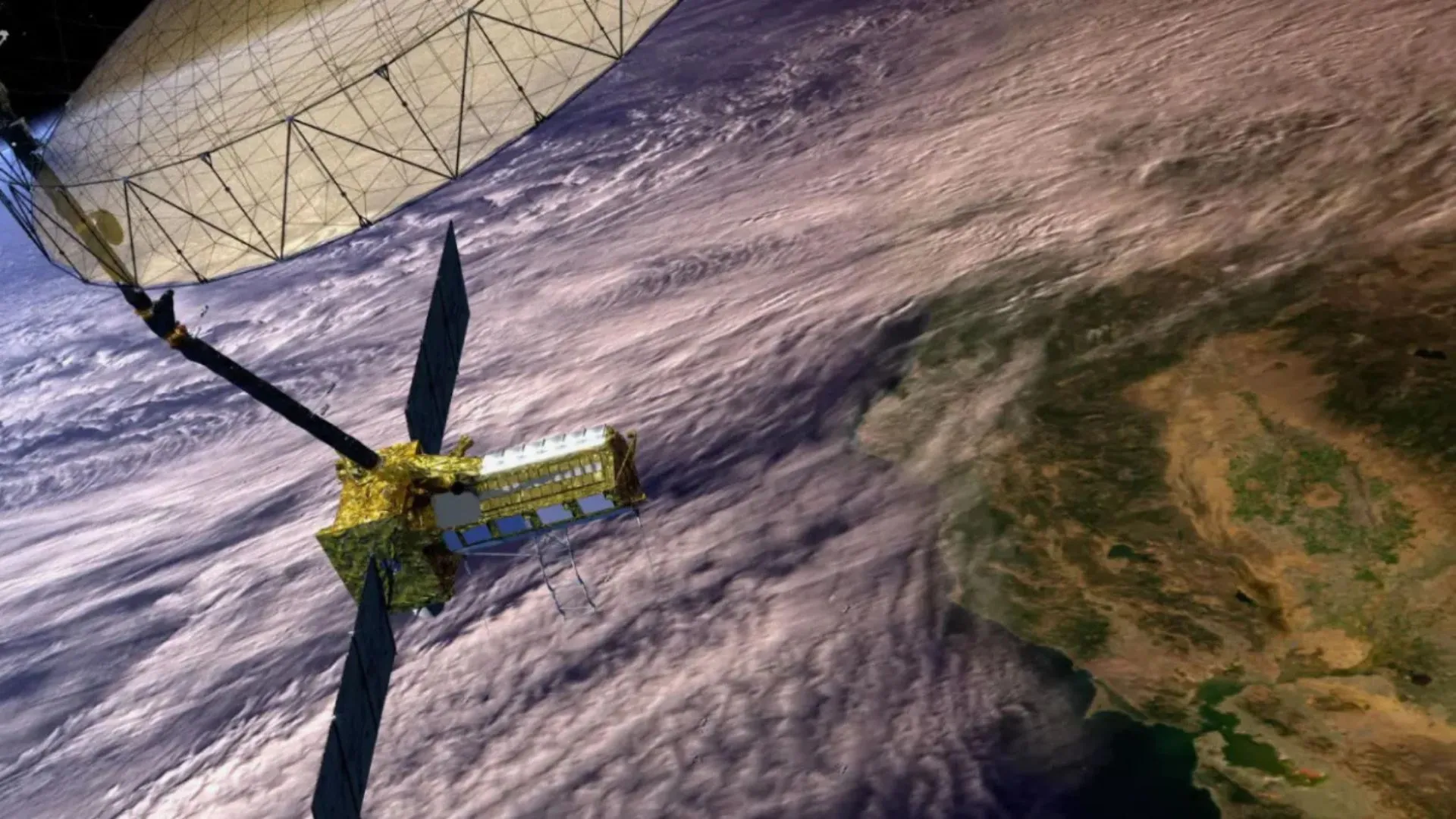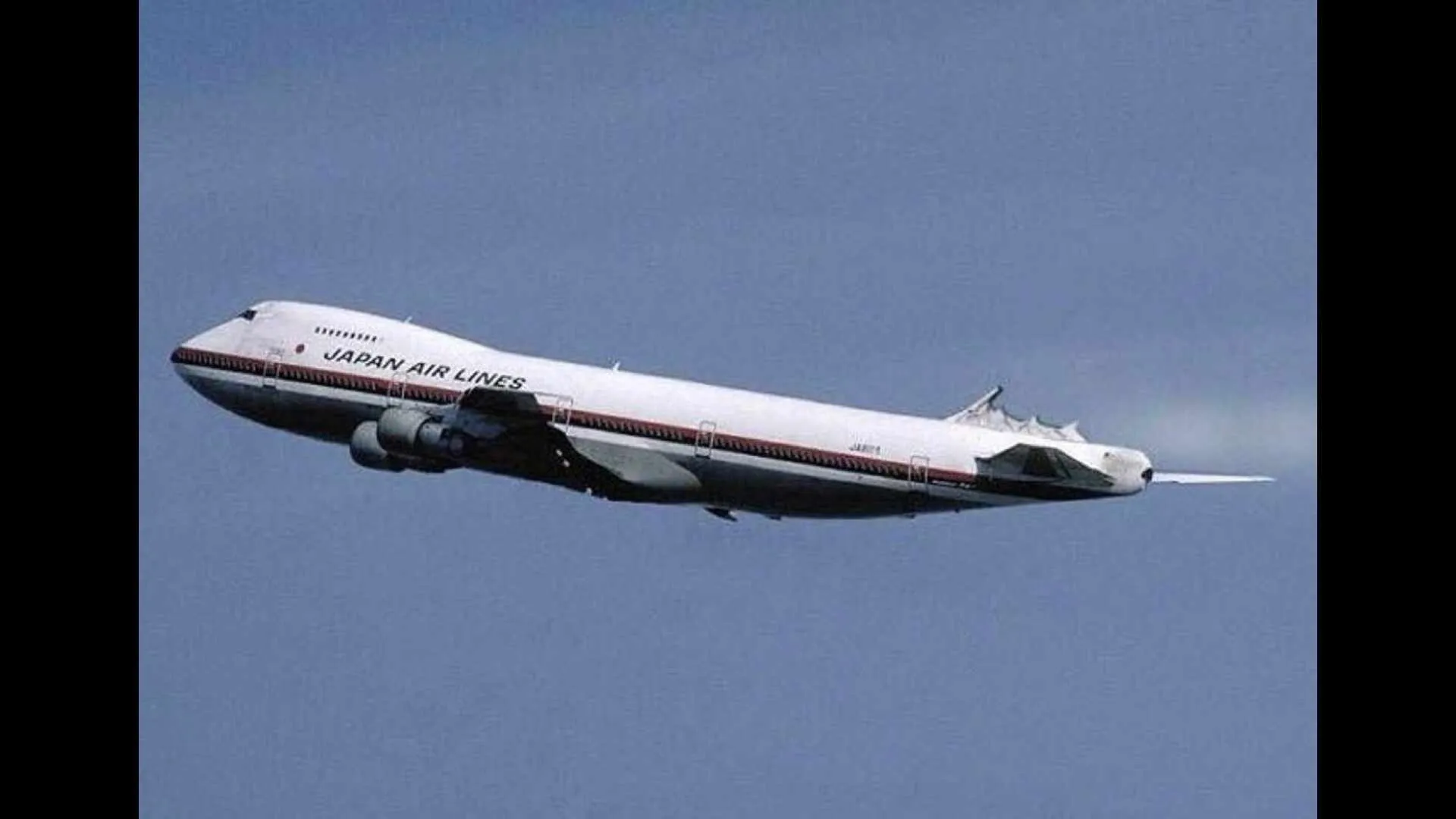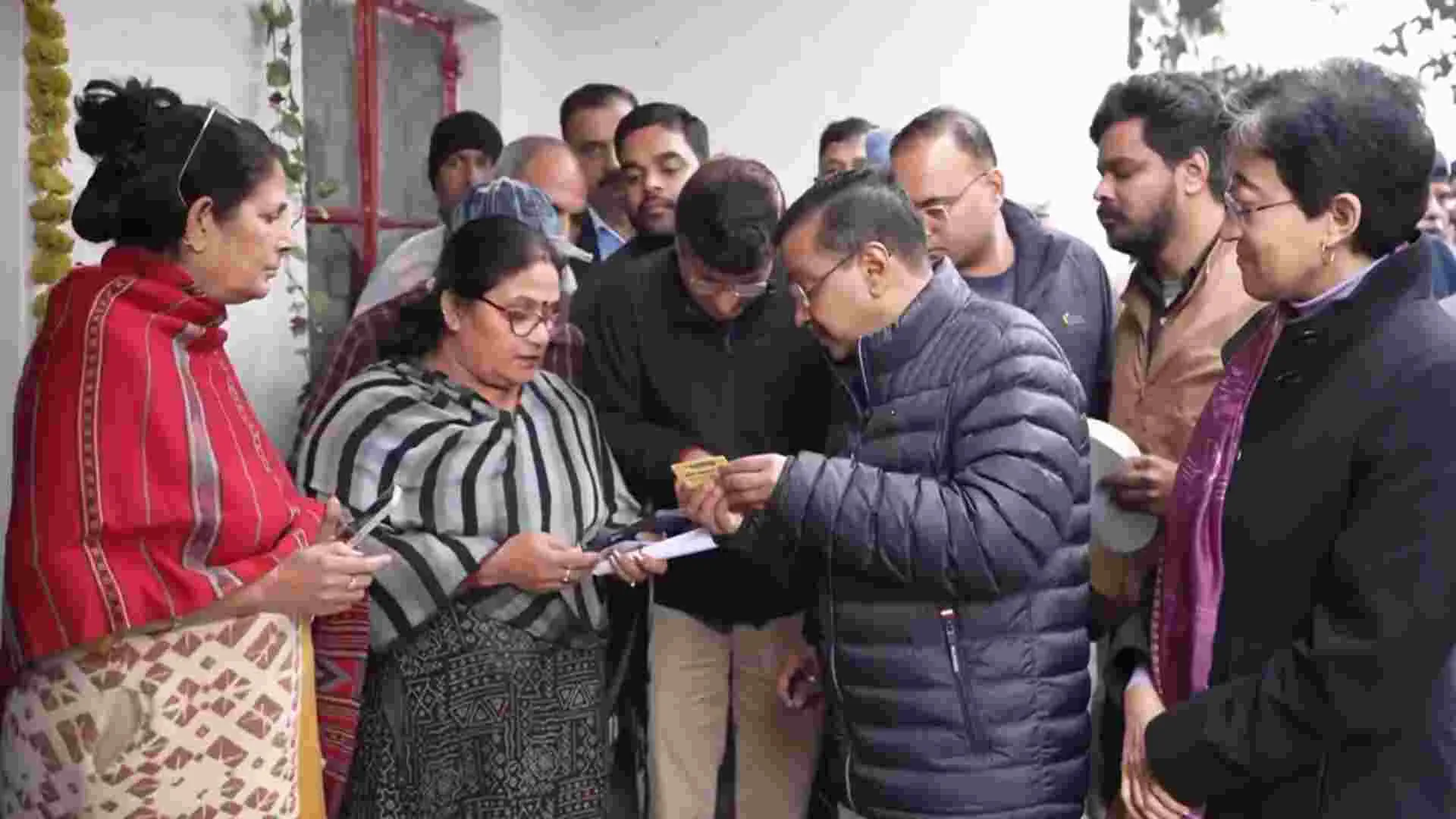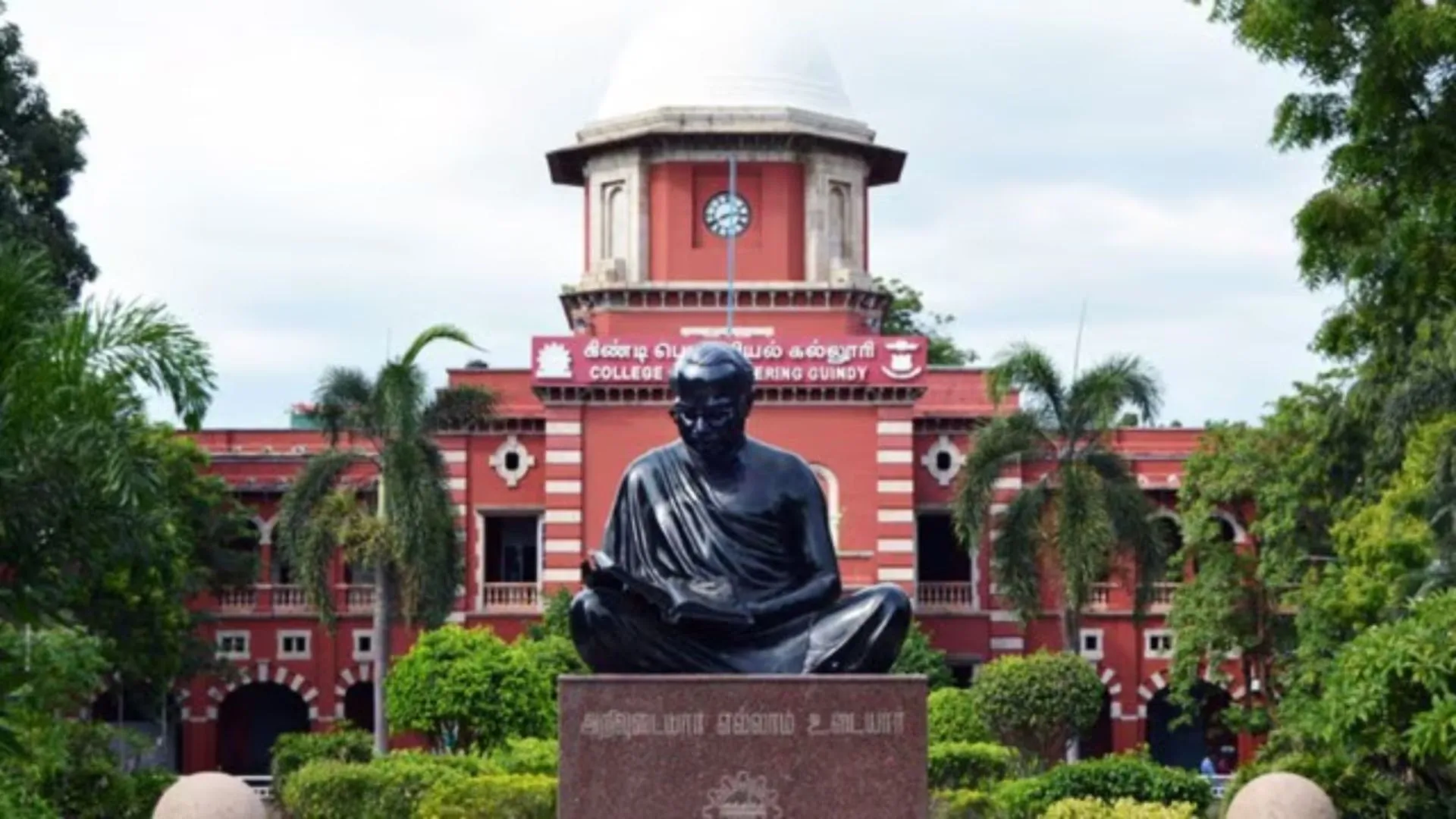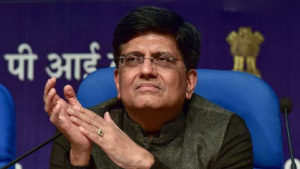Addressing trade barriers could take India-ASEAN trade to USD 200 billion, stated Piyush Goyal, Minister of Commerce & Industry, Consumer Affairs & Food & Public Distribution and Textiles, Government of India, while addressing the Indo – ASEAN Business Summit & Expo organised by Confederation of Indian Industry (CII) in partnership with the Ministry of External Affairs on 7 – 8 October, 2021.
The Minister stated that India considers ASEAN a valued partner and has contributed to the ASEAN COVID-19 Response Fund. He highlighted that during the pandemic India had not only met international service commitments, but had also shown to the world its capabilities of self-sufficiency by producing critical medicines, medical equipment, and vaccines, for domestic and export purposes, which has earned India the reputation of being the ‘pharmacy of the world.’
Today, 70 percent of the world’s vaccines are manufactured in India and the country’s prowess in producing affordable, standardised medicines make India a strong partner in mitigating the global health risks that are a top priority of Governments, affirmed Shri Goyal. India’s business friendly policies under the ambit of the Aatmanirbhar Bharat vision with Production Linked Incentive schemes amounting to USD 30 bn constituting APIs, drugs and medical devices open up a plethora of investment and partnership opportunities, he opined.
The India-ASEAN bilateral trade has grown significantly and stands at USD 80 bn and we should look at taking this to USD 200 bn. This is possible with strong collaborations between the countries and addressing the impediments on the way, said Shri Goyal. Misuse of the trade agreement including by third parties should be discouraged and this could instil more confidence in both sides to reduce tariffs for inter-ASEAN and Indian trade, he added.
Ministers from 7 ASEAN countries addressed the session.
Utilisation of digital and technology, especially in the 4th industrial revolution era can further strengthen the supply chain. One of the areas that we must work on is to build a vibrant and resilient supply chains through deeper trade and investment in the region, said H E Dr Khampheng Saysompheng, Hon’ble Minister of Industry and Commerce, Lao PDR. There must be a reduction in trade barriers such as non-tariff and technical trade barriers to ensure constant flow of goods and skilled man force across countries, he added.
Cambodia is highly committed to cooperating with India and ASEAN to seize the opportunity to make an environment for sustainable development, said H E Mr Chhuon Dara, Secretary of State, Ministry of Commerce, Royal Government of Cambodia. Enhancing trade efficiency through improving competitiveness by further strengthening the current trade facilitation mechanism is beneficial for trade within the region to be fast-flowing and efficient, he added.
India remains one of ASEAN’S largest trading partners, said H E Yang Berhormat Dato Seri Setia Dr Awang Haji Mohd Amin Liew bin Abdullah, Minister of Finance and Economy, Brunei Darussalam.
Please read concluding on link4din.com/guardians-numeric-wisdom
Bilaterally, Brunei Darussalam has a steady trade economic relationship with India. In 2020, India is our 6th largest trading partner with a total trade value of over 583 million USD, he stated.
FTAs and enhanced economic cooperation are important, said Ramon Lopez, Secretary, Department of Trade & Industry, Philippines. Philippines looks forward to a more strategic, and wider economic partnership with India and ASEAN. ASEAN & India can work with other trading partners to seize the opportunity, he stated.
We should enhance economic cooperation through capacity building and technical assistance programmes, workshops, and seminars as well as outreach activities. Making strategic decisions will support the implementation and utilisation of ASEAN India treaty area, said H E Dr Pwint Sann, Union Minister, Ministry of Commerce, Myanmar.
It is important that ASEAN & India join hands in recovering from the adverse impact of the pandemic on the economy of the region, said H E Dr Jerry Sambuaga, Vice Minister of Trade, Indonesia. We need to keep our markets open, especially for medical & healthcare products and other essential goods, encourage trade facilitation, digital economy, produce assistance to our MSMEs, he added.
With the combined population of 2 billion people and the combined GDP of USD 5.6 trillion, ASEAN and India should work closely together to ensure open trade development and enhance entrepreneurial competitiveness, said H E Dr Sansern Samalapa, Vice Minister for Commerce, Thailand. Both sides should seek to transform farmers into smart farmers by making digital technology an integral part of their farming operations, he added.
Both India and ASEAN are home to rapidly growing markets and have a number of emerging opportunities in common sectors of interest including manufacturing, human development, logistics and transport, retail and human development, among others. Both sides together can contribute to building and diversifying supply chains, noted Mr T V Narendran, President, CII and CEO & Managing Director, Tata Steel Limited.
Business cooperation between India and ASEAN in areas of mutual interest such as FinTech, start-ups, and innovation, empowerment of youth and women and the development of MSMEs are important factors to take this multilateral connection to a higher growth trajectory, said Chandrajit Banerjee, Director General, CII.







